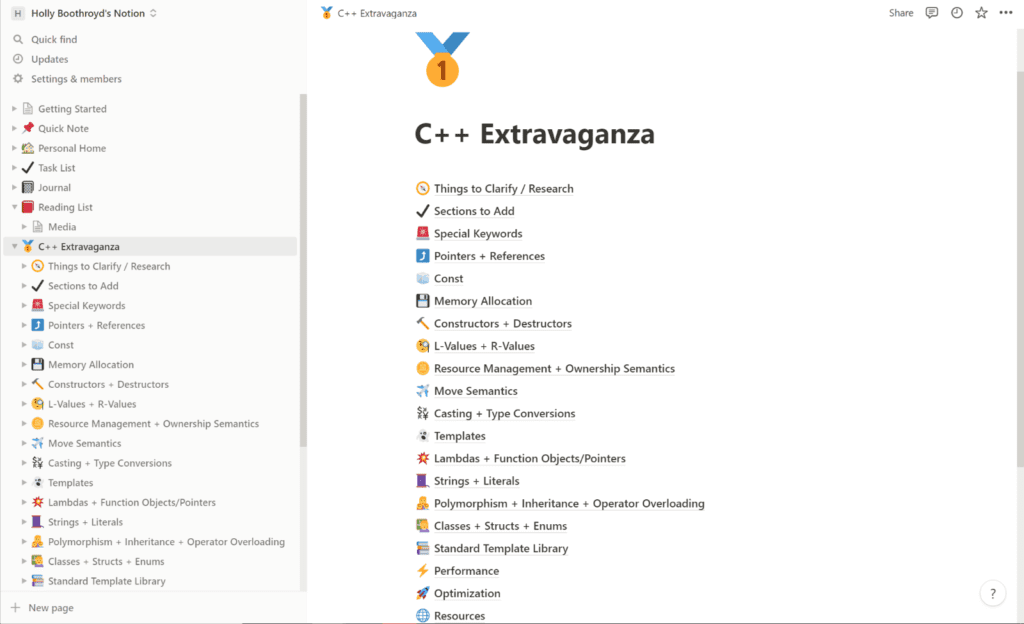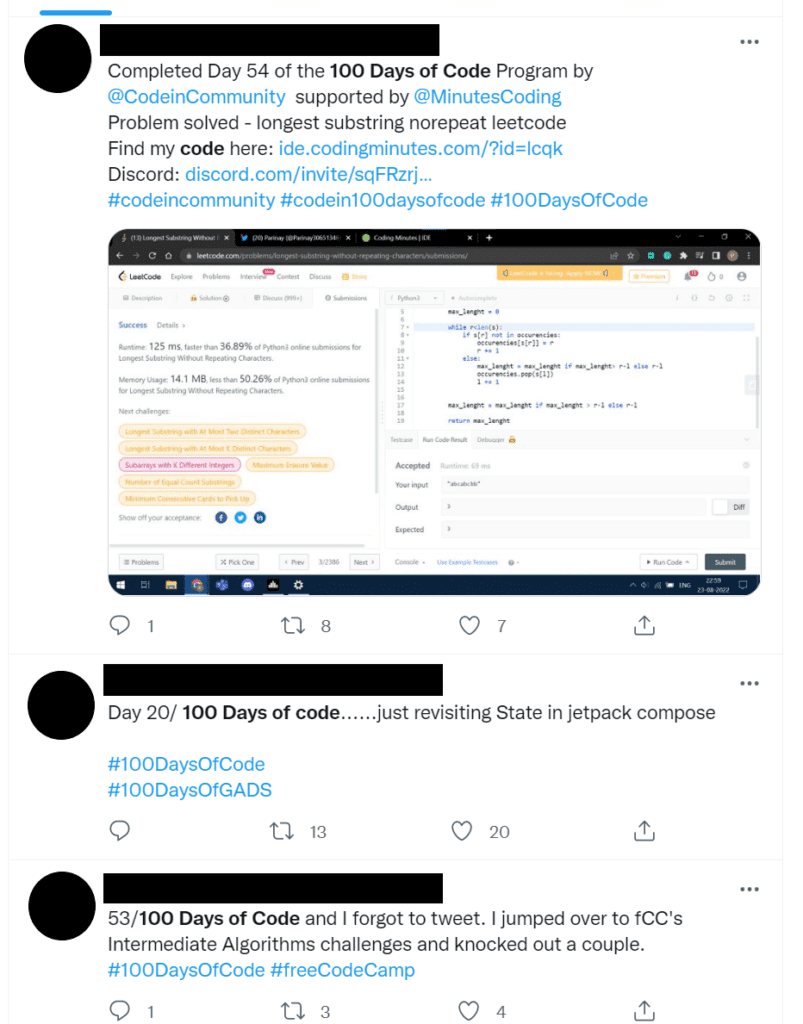The tech world requires almost constant learning – there are always new technologies, language updates, and sector-specific knowledge to acquire, regardless of whether you are new to the industry or have been in it for many years.
It is almost inevitable you will eventually turn to an online course as a tool to upskill in pursuit of breaking into the industry, career advancement, or the simple desire to learn and build. They are great, affordable, and often free, learning resources that can give you the foundation to use these new skills and extend them more easily through experience and further research.
To gain the most value from your course, follow these three tips:
1. FIND A COURSE THAT TEACHES THEORY AND PRACTICAL CONTENT
The combination of theory and practical knowledge is powerful. Learning both gives you the skills to execute, but also the depth of knowledge to understand why something works and, importantly, figure out how to solve more complex problems using that underlying knowledge.
Look for courses that have explanations of topics and then dive into project work. Courses that have projects to complete that can go onto your portfolio are a double win that you should seek out.
Practicing along is crucial to absorbing the knowledge and being able to independently create using that knowledge. Just watching is often not enough to cement what you learned in your brain in a meaningful way.
2. BUILD HIGH-QUALITY NOTES
While you learn and practice along with your course, take the opportunity to build your own “Wikipedia” as a memorisation technique and an ongoing resource to take away with you.
Studies show taking notes helps improve your memory of new topics. By putting concepts into your own words and spending thinking time digesting your learning, you can better recall what you have learned.
You can later refer to your personal “Wikipedia” to refresh your memory on concepts or techniques. As you continue to learn from other sources and experience, your “Wikipedia” can continue to grow as a comprehensive guide.

Check out tools like Notion.io and OneNote to take digital notes that are cloud connected so can be accessed and edited from anywhere. Notion is handy for its structuring elements, templates, and special programmatically updatable elements. OneNote benefits from the ability to handwrite notes using a pen or touch screen, along with integration with other Microsoft products.
3. SHARE YOUR PROGRESS
Sharing your progress is motivated by three things – building in accountability, finding community, and boosting your visibility in industry.
Putting your goals out into the world can build in accountability to your process. If you are doing a coding course, many people do the 100 Days of Code challenge (there are also 30 and 50 day challenges). As part of the challenge, you are supposed to share your daily progress. It gives people a way to celebrate their daily wins and meet like-minded people.
There are a loads of tech communities online that are passionate and interested in the same things you are. Connecting with them with help you find resources to learn from and hear about the latest changes in the industry. They also help establish a feeling of belonging for those who may be new to the space.

Related to finding community, by being more active online you are becoming a more visible member of the industry. That personal brand is powerful. It can help unlock new opportunities like job interviews, speaking engagements, invites to events, etc.
Try share things like what you learnt, techniques that have helped you study, what you have built, and your progress.
There you have it! That’s how to take your course into something that can teach you important skills, but also lets you walk away with a powerful resource and network to help take you to the next level.




